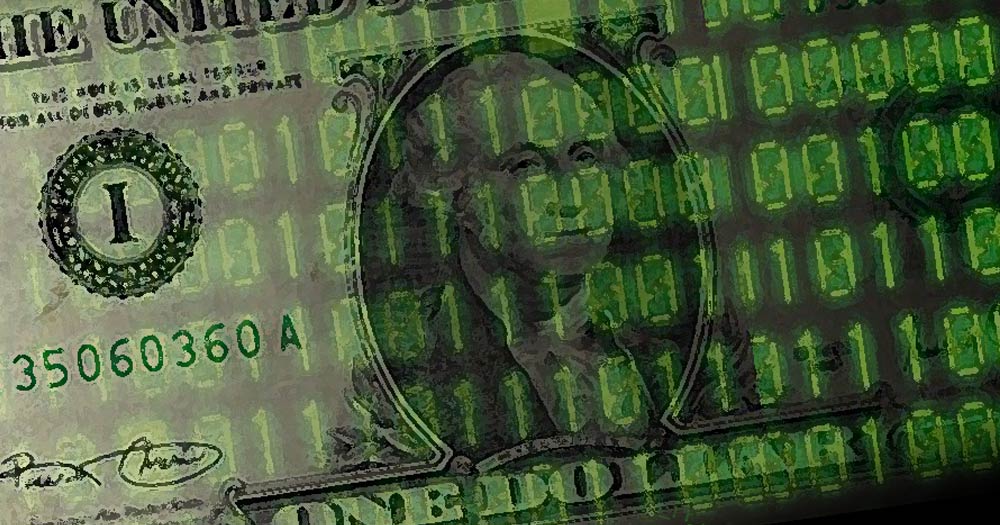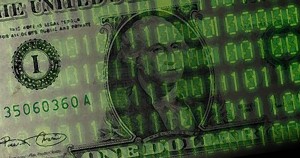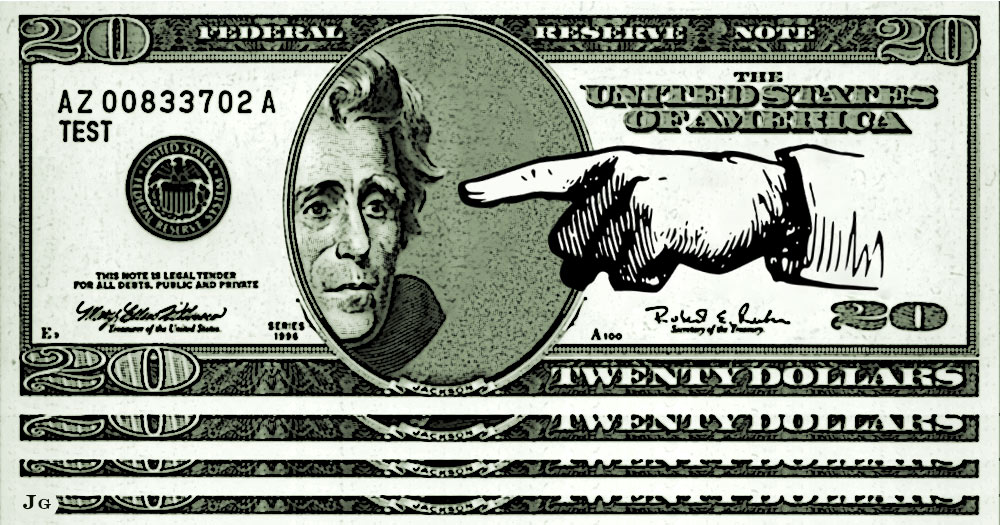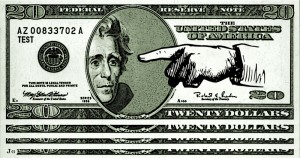We’re told of the scientific consensus on global warming. Whatever you may say about that consensus (I’ve expressed extreme skepticism), no such consensus exists for what steps would be best to take to deal with the identified problem — which is usually understood in terms of the “carbon footprint,” of carbon put into the atmosphere in excess of what is taken out.
Most proposals for curbing carbon emissions have been shown to be far more costly than efficacious.
Nevertheless, without such a consensus, activists in Washington State are pushing Initiative 1631, a measure to tax carbon.
They had pushed a very similar measure two years ago, as science writer Ronald Bailey notes at Reason. The measure failed, however, because environmental lobbies opposed it. You see, the collected funds were given back to taxpayers. Environmental groups didn’t get a cut of the action.
This time that defect has been alleviated, and those groups are on board.
Ah, money, money, money!
The Evergreen State, indeed.
Would the tax be effective? The goal of the measure is “to reduce, by 2035, [the state’s] emissions by 25 percent below their levels in 1990,” Bailey explains. The state had “emitted about 88 million metric tons that year, so that implies a reduction of around 22 million tons by 2035. Assuming today’s emissions, that would mean that Washington State’s planned reductions would amount to 0.42 percent and 0.06 percent of U.S. and global emissions respectively.”
Not much bang.
Sure, the measure may win on hope … and bucks.
But will it do any appreciable good? I mean, other than creating a constituency with the green of dollars.
This is Common Sense. I’m Paul Jacob.












 I’ve not seen one of these bills up close (
I’ve not seen one of these bills up close (

